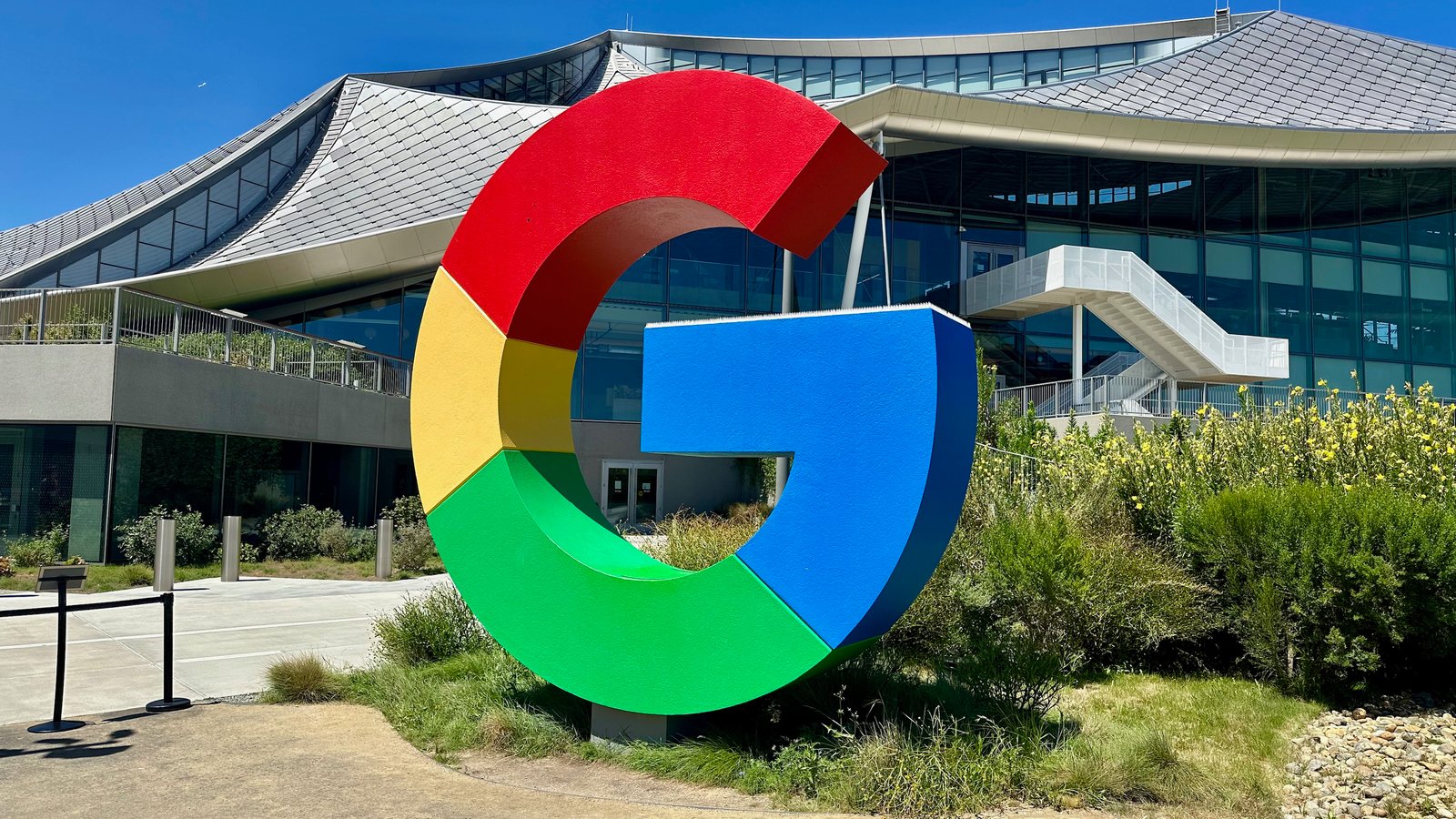
What you need to know
- The Department of Justice (DOJ) is considering taking antitrust actions against Google that may result in the company being forced to separate Android, Chrome, and other products in order to reduce its dominance in online search.
- Concerns about potential antitrust issues have been raised by the U.S. government over Google’s control of Android, Play Store, Chrome, and Search services.
- Google has argued against the proposed changes, stating that separating Android or Chrome could increase costs and harm competition, ultimately impacting users and businesses negatively.
Regulatory action against Google is looming as the DOJ explores antitrust measures aimed at curbing the company’s monopoly on online search, which may involve breaking off Android, Chrome, and related assets.
The DOJ has put forth an ambitious plan to address Google’s monopoly as part of its antitrust lawsuit, following a recent legal victory in which the company was deemed a “monopolist” by a U.S. District Court for violating antitrust laws related to search engine defaults.
Concerns about anti-competitive practices involving Android devices, the Play Store, Chrome, and Search have been identified by the U.S. government.
Possible measures to address these concerns include increased transparency regarding alternative search options and website participation in AI training, as well as more extreme actions like data sharing with competitors or separating Chrome and Android.
The DOJ is also considering limiting Google’s ability to secure exclusive deals with companies like Apple and Samsung in order to maintain its search engine as the default option.
Additionally, proposals aim to address issues relating to Google’s control over search distribution, revenue sharing, ad reach, data collection practices, and more.
Google has raised objections to the antitrust actions, warning of potential negative impacts on user privacy and the company’s overall structure. The company contends that the proposed remedies could harm consumers, businesses, and developers, and are beyond the scope of the antitrust case.
Google emphasizes the value of its investments in Chrome and Android, highlighting their role in providing free access to the web and Google services. The company cautions that splitting these products could disrupt their business models, increase device costs, and weaken competitiveness against rivals like Apple.
The final decisions on remedies are pending, with a ruling expected by August 2025. However, any lasting effects could be delayed if Google chooses to appeal the decision.
This article was first published at Source link . You can check them out for other stuffs
